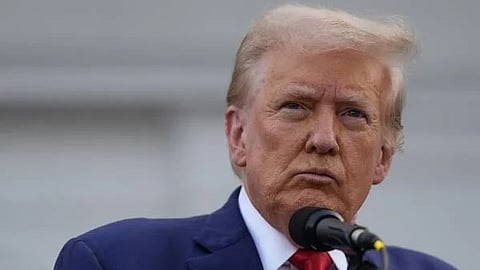

A new policy from the Donald Trump administration in the United States of America (USA) is sending shockwaves across India's student population, particularly among those seeking admission to the United States' most prominent universities.
The memo, aimed at nine elite universities, represents a dramatic shift in how global talent gains entry to America's academic powerhouses.
The directive, titled “Compact for Academic Excellence in Higher Education”, imposes a twofold cap: international undergraduate students can account for no more than 15 per cent of a school's student body, and students from any particular country cannot exceed 5 per cent, ZEE News reports.
For India, which is one of the greatest sources of overseas talent, this offers a potential bottleneck on a scale never seen before.
The nine universities directly affected are: Massachusetts Institute of Technology (MIT), University of Pennsylvania, University of Arizona, Brown University, Dartmouth College, University of South Carolina (USC), University of Texas, University of Virginia, and Vanderbilt University.
Universities not named, such as University of California Berkeley, the University of Michigan, Rice University, and Notre Dame, may now become more appealing to Indian students, who may find opportunities here and disrupt traditional elite university hierarchies.
Another provision in the memo has slipped under the radar: colleges with endowments greater than USD 2 million per student must forego tuition fees for "hard science" students.
This can be a boon for Indian undergraduate and graduate students pursuing degrees in physics, chemistry, computer science, and engineering. While undergrad slots at the elite nine are decreasing, funding for STEM research at top colleges may increase.
